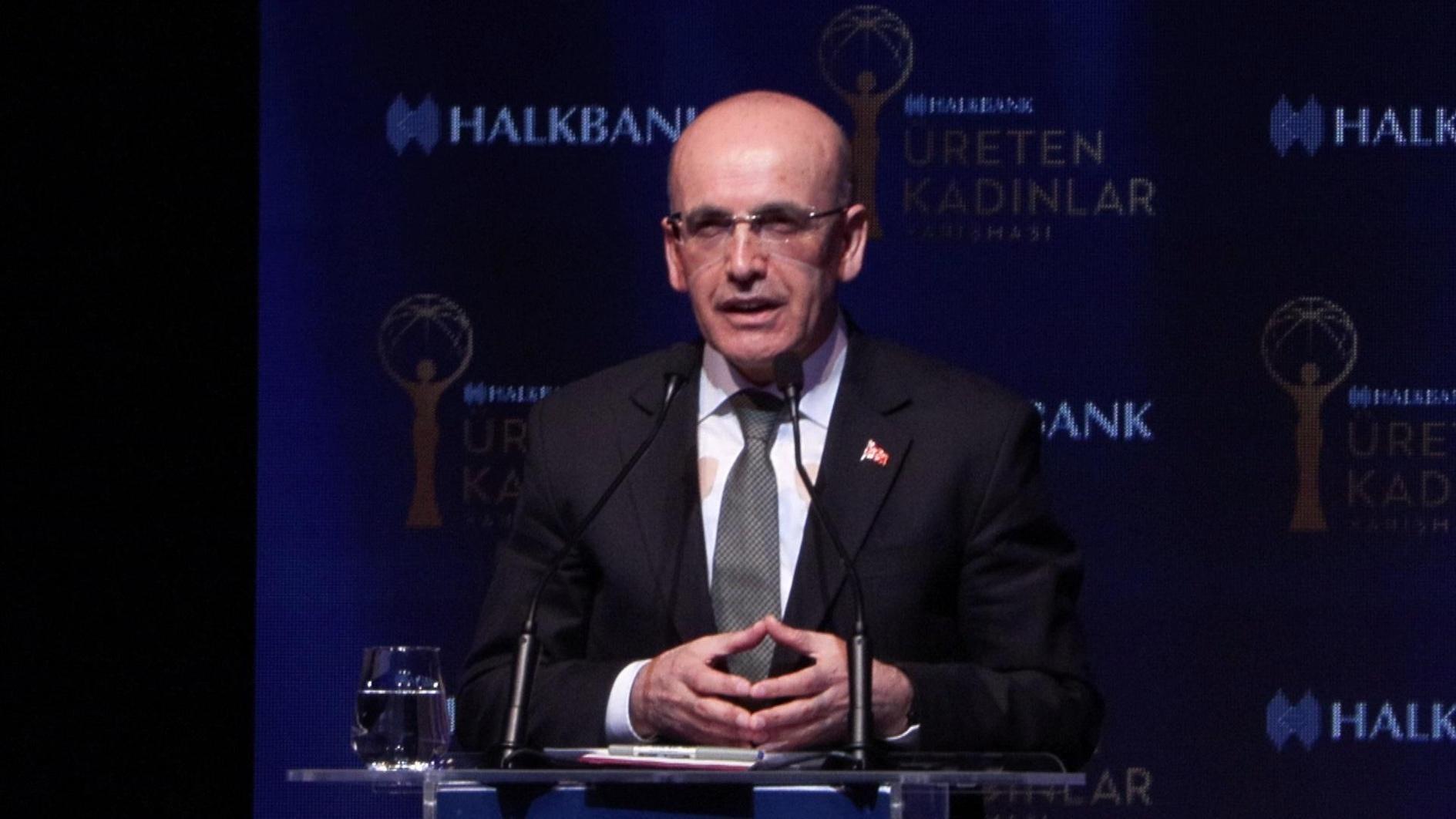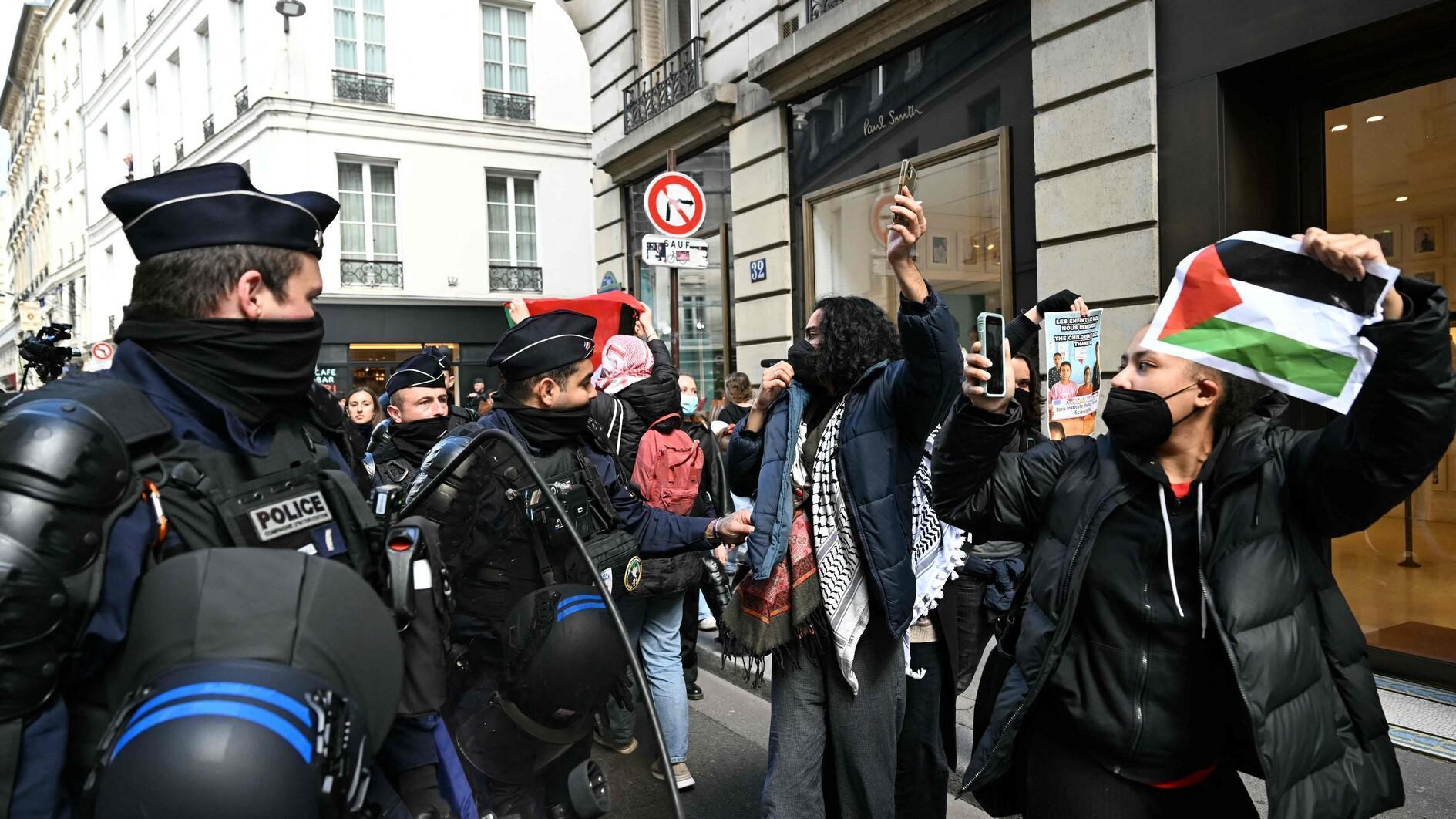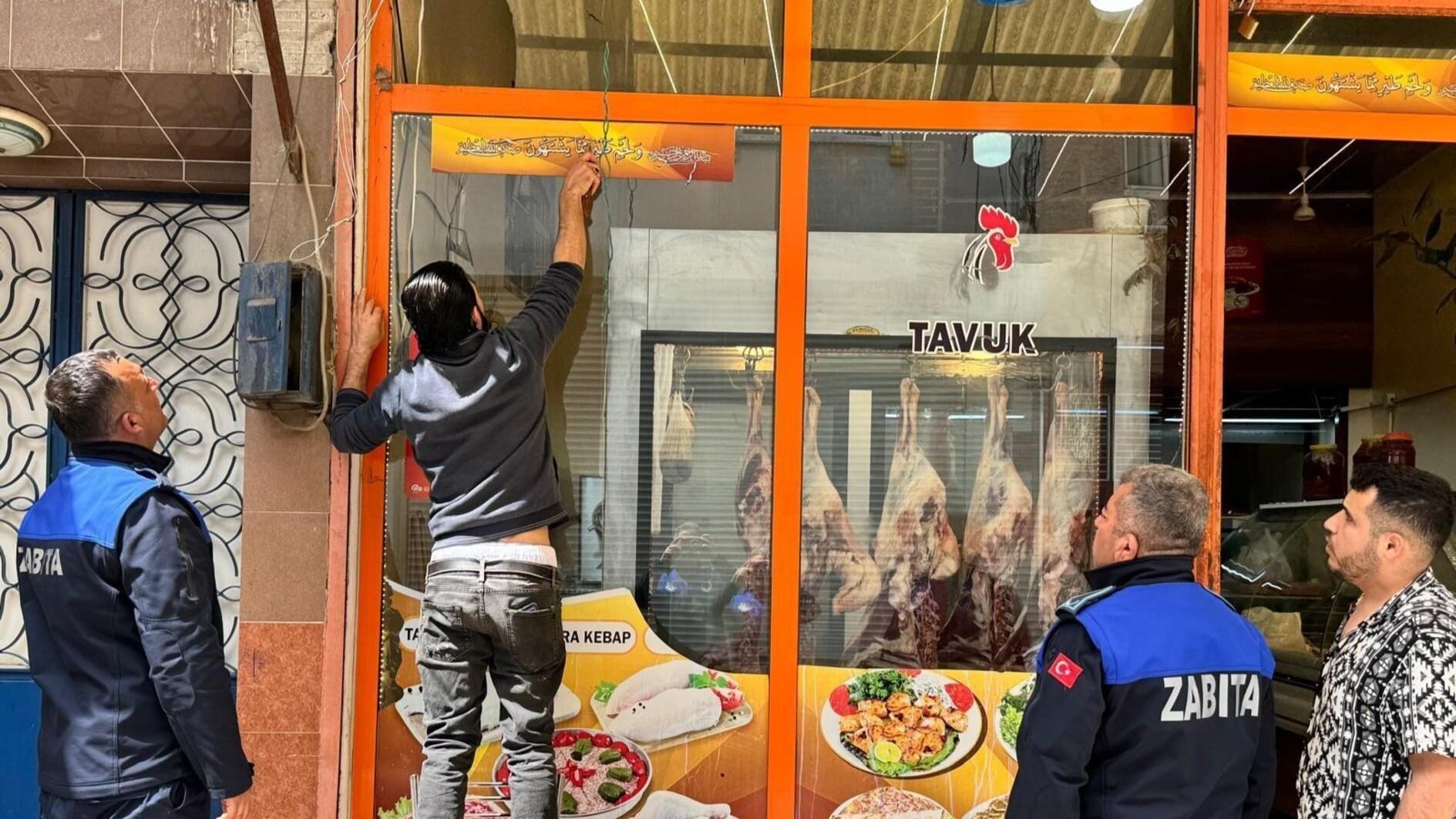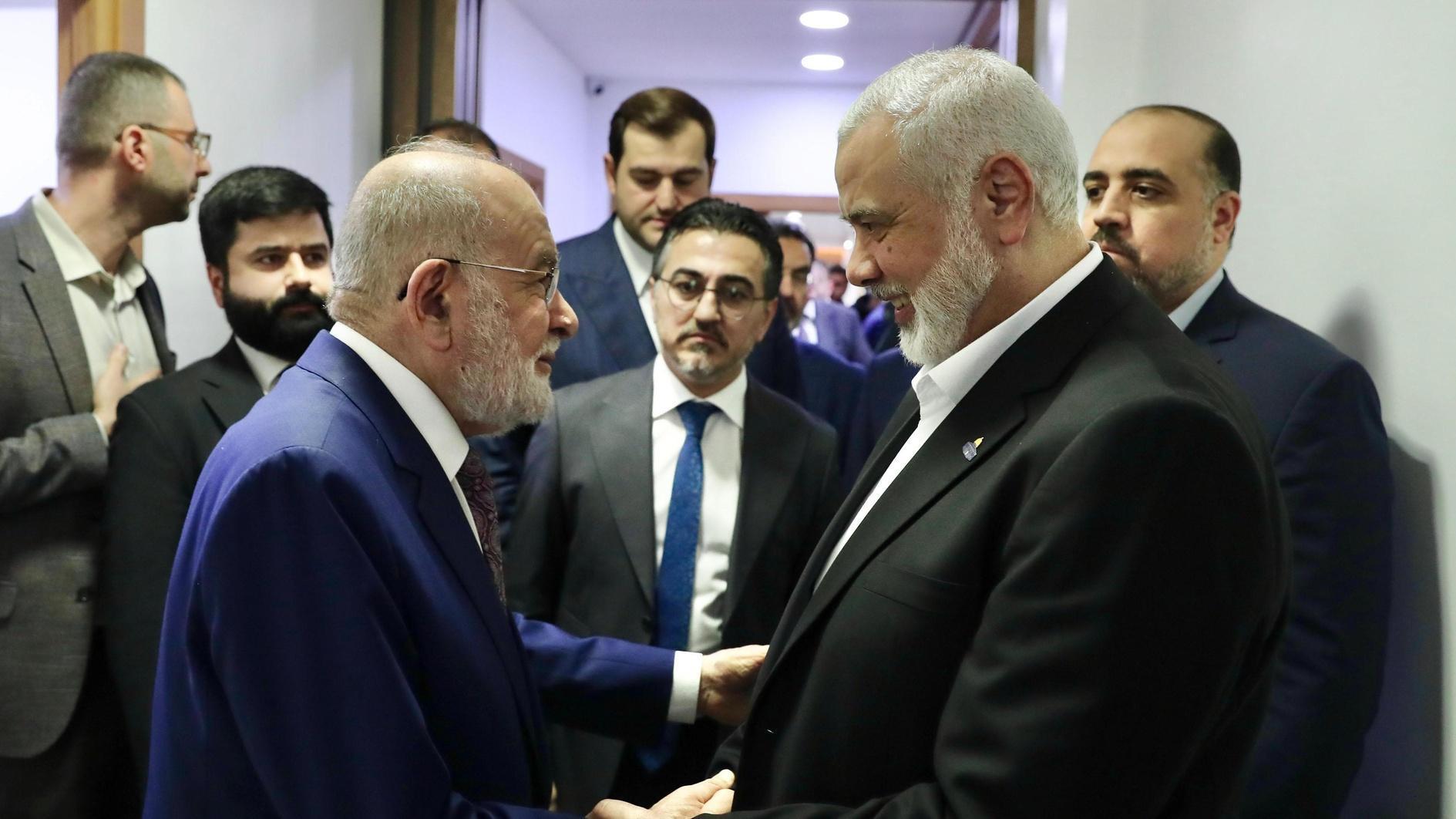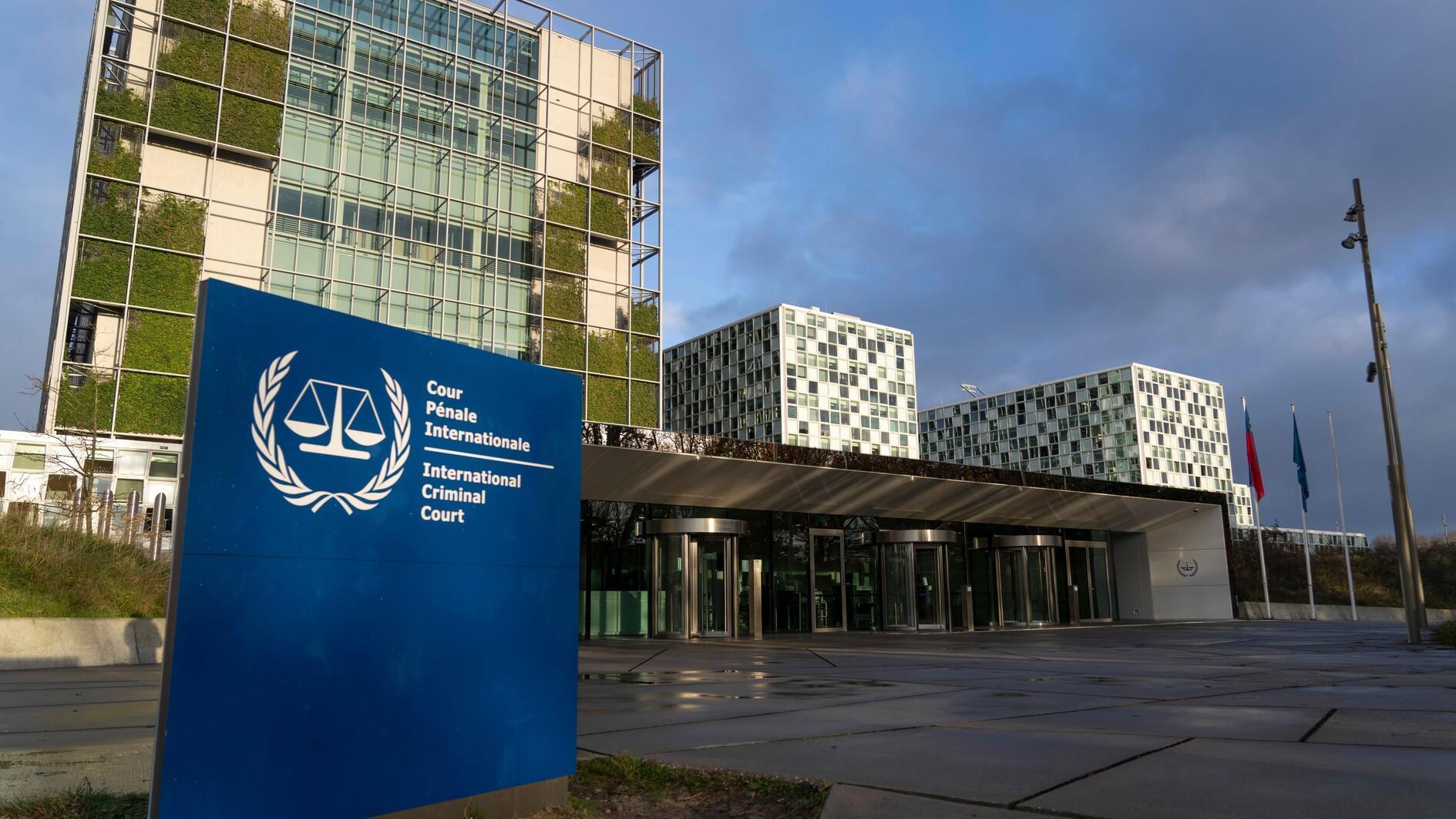What happened to ‘nothing left unspoken’?
RUŞEN ÇAKIR - rcakir@gazetevatan.com
An executive from the Nationalist Movement Party (MHP) said to me the other day, “You were very enthusiastic about the initiative topic but in the end, the government fell into line with us. It was known [that nothing would happen] anyway.”Even though he seems to be correct in both of his evaluations, I do not think it’s true. The Justice and Development Party (AKP) was neither aligned with the MHP in the Kurdish issue nor was it certain from the beginning that the initiative was bound to fail.
Without question, it is not possible to talk about an “initiative” in the tense atmosphere we have recently been experiencing. But it does not necessarily mean that we are rushing toward a disaster as a country because both the outlawed Kurdistan Workers’ Party (PKK) and the state are both displaying a strategy of “full-scale war.”
In my Sept. 14 column, I defined the phase we are experiencing as “the major tussle before the final settlement.” I’m sticking by this definition despite all the additional negativity and distastefulness. I presume that none of the sides will be able to take the “full-scale war” to its extremes because they know that this kind of a situation means very clearly a “war where nobody wins.”
It is impossible not to talk.
It is expected from a person like me, who believes that a search for a “peaceful solution” to the Kurdish issue will soon come to the forefront again, to stand by and observe quietly until that moment comes. But this “transitional period” is so cruel and merciless that being quiet seems tantamount to remorselessness.
Let us look at the PKK first: It continues to take lives in rural areas with foul play such as police station raids, ambushes and mine traps. In urban areas, they are staging massacres against security forces, primarily the police.
When it comes to the state, we can easily say that it no longer treats the people like the PKK. However, in the cities, the state has felt free to adopt a strategy that resembles the state of emergency of yesteryear. I am of course referring to the operations against the alleged urban wing of the PKK, the Kurdistan Communities Union (KCK).
In the 1990s, we were expected to be “military journalists.” In other words, we were expected to unconditionally support everything the state did against the PKK. If we are able to refer to a democracy in Turkey today, it is because of the undeniable share of many journalists who, despite several overt risks, resisted the pressure to become a “military journalist.”
I remember two beautiful slogans from the initiative era: “Mothers should not cry,” and “Everything should be spoken.”
Unfortunately, today’s slogan has become “Everyone should watch what they say.” What will happen if we don’t and carry on speaking as if the initiative is continuing?
Let us wait and see.
Ruşen Çakır is a columnist for daily Vatan in which this piece appeared on Nov. 9. It was translated into English by the Daily News staff.


